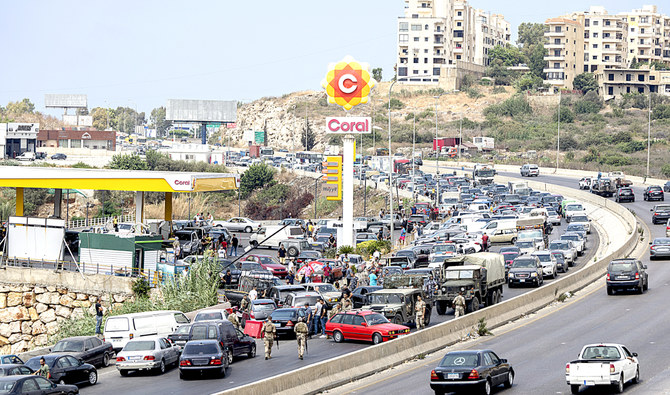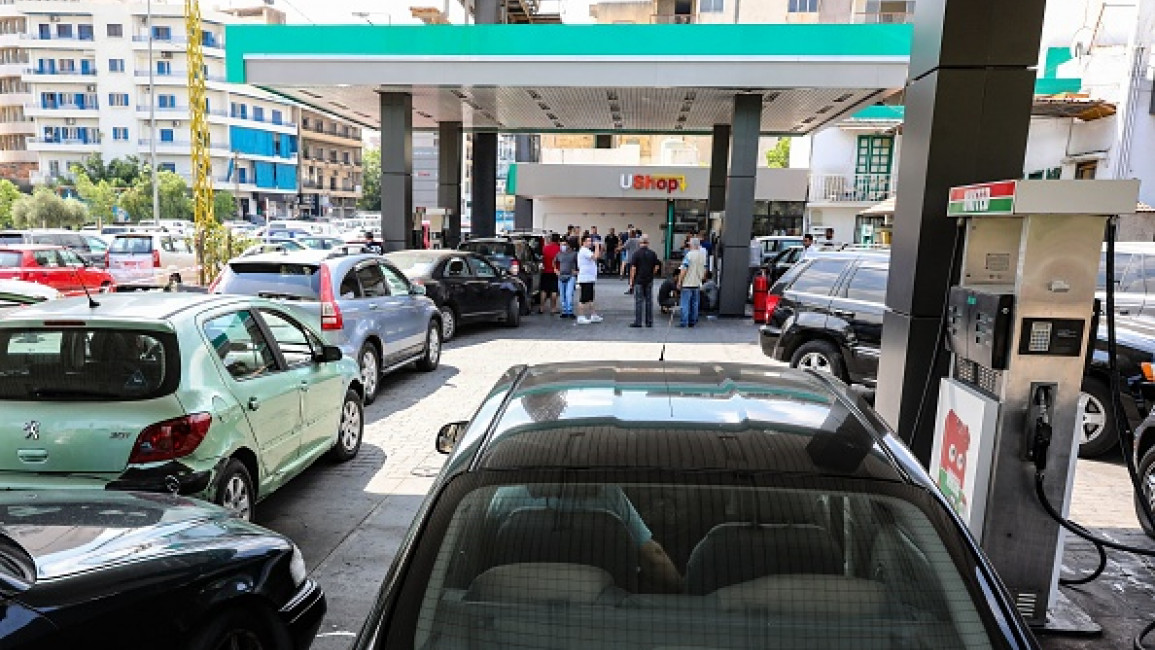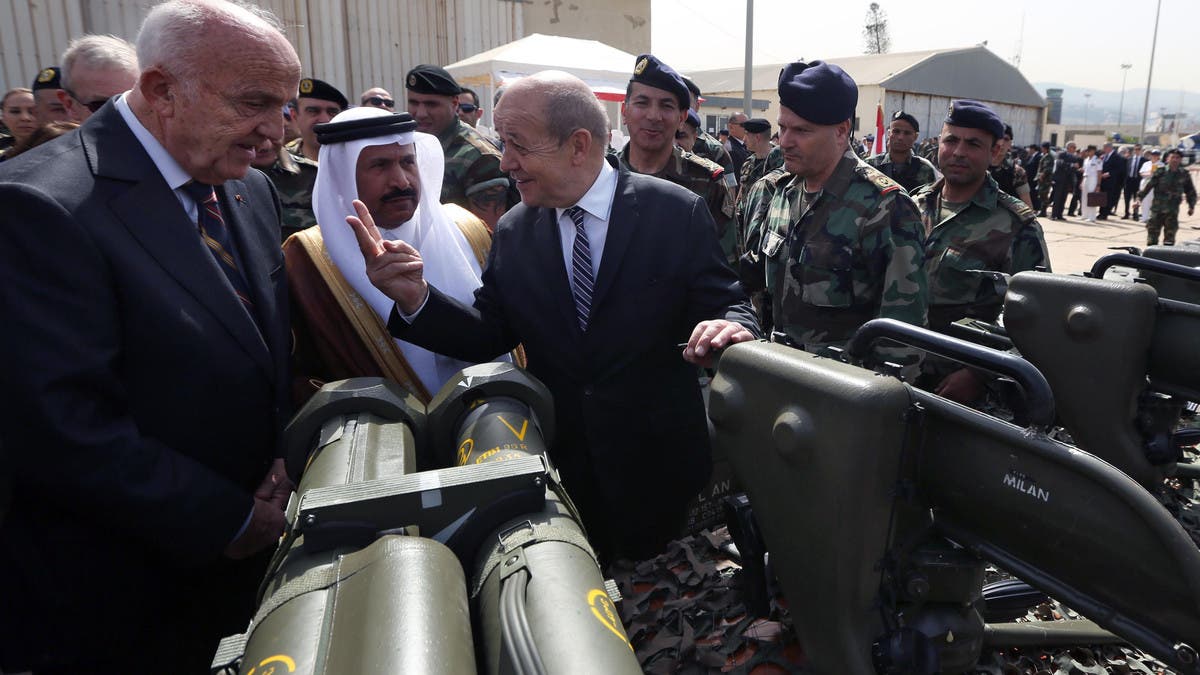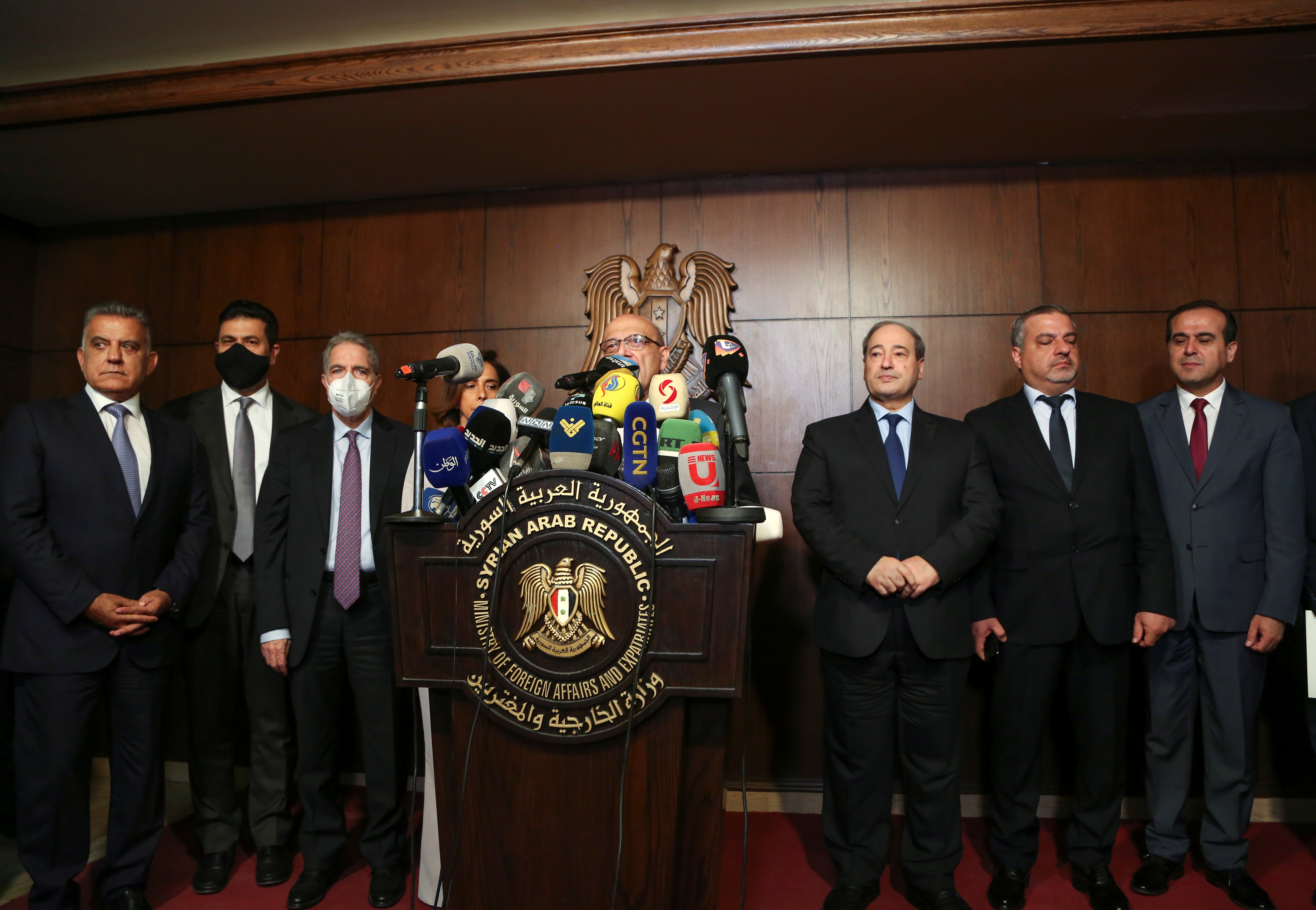سجعان قزي
@AzziSejean
لم تَنتظر إيران الاتّصالَ بين رئيسِها الجديد إبراهيم رئيسي والرئيس إيمانويل ماكرون، لتُدركَ مدى حَظْوَتِـها لدى فرنسا. منذ العهودِ الملكيّةِ والحَمَلاتِ الصَليبيّة، وبلادُ فارس جُزءٌ من الذاكرةِ التاريخيّةِ الفرنسيّة. الملِكُ لويس الرابع عشر استقبلَ في 19 شباط 1715 سفيرَ السلطان حسين صَفَويّ في قصر ڤرساي. فلاسفةٌ ورحّالةٌ وأدباءُ وشعراءُ فرنسيّون كتبوا بإعجابٍ عن تلك البلادِ التي “لا تَنتشرُ في مروجِها سوى الورود” (ديدْرو)، و”بَلاطُ سلطانِها يَفوحُ عظمةً أكثرَ من البابِ العالي العثماني” (ڤولتير).
وإذا كان الفرنسيّون انتظروا حَملةَ بونابرت إلى مِصر سنةَ 1798 ليُبالوا مباشرةً بالتراثِ المصري، فاكتِراثُهم ببلادِ فارس تنامى منذ القرنِ السادسَ عَشَرَ، وتعَزَّزَ في القرونِ التالية، لاسيّما في عصرِ الأنوارِ مع ڤولتير ومونتسكيو وديدْرو وشاردان وغالان، إلخ… لكنَّ السياسةَ لم تواكِبْ المسارَ الأدبيَّ، ففرنسا كانت مرتبِطةً باتّفاقاتٍ وامتيازاتٍ مع العثمانيّين، من بينِها الحقُّ في حمايةِ مسيحيّي الشرق. ولـمّا أقدَم الملِكُ لويس الثالثَ عَشَر نحو سنةِ 1640على عقدِ اتفاقاتٍ تجاريّةٍ مع الشاه عباس الصَفَويّ وضَمّنَها حقَّ حمايةِ مسيحيّي بلادِ فارس، أفْشلَها العثمانيّون.
كَوّنَ المجتمعُ الفرنسيُّ، السياسيُّ والنخبويُّ، هذه الصورةَ شِبهَ الرومانسيّة لأنه تَعرّف على بلادِ فارس من خلال الأدباءِ والرحَّالةِ الّذين كتبوا عن أُبَّـهةِ سلاطينِها وانفتاحِ شعبِها، عن قِبابِ جوامِعها الزرقاءِ والسمراء، عن البذخِ والليالي الصباحيّة، عن قِصصِ “ألفِ ليلةٍ وليلة”، عن شِهْرَذاد وشَهْرِيار. حتى أنَّ ممثّلِي فرنسا وتوسكانا حاولوا إقناعَ أميرِ جبلِ لبنان، فخرالدين المعني الثاني، بالتحالفِ مع الفرس سنتَي 1607 و1634، فتَحفّظَ خَشيةَ إثارةِ العثمانيّين الّذين وسّعُوا سُلطةَ المعنـيِّين مِن أعالي الشُوفِ حتّى صيدا ومُحيطِها الجَنوبيّ لمُراقَبةِ صَفَوِيِّي البِقاع الشَّماليّ وشِيعةِ بَني عامل في الجَنوب ومَنعِ اتصالِـهم بإيران.
ظلّت صورةُ بلادِ فارس جميلةً في مخيّلةِ الفرنسيّين إلى أن راحَ المؤرِّخون والباحِثون يَتناولون الوجهَ العسكريَّ والدمويَّ للإمبراطوريّاتِ الفارسيّةِ واضْطِهادَهم مسيحيّي جورجيا والأرمن، واجتياحَهم أفغانستان وشعوبًا أخرى في آسيا الوسطى. رغم ذلك، ظلَّ الفرنسيّون يتمايَلون بين بلادِ فارس الحضارةِ والآداب، وبلادِ فارس الحربِ والعنف. لم تَحسِمْ فرنسا خِيارَها النهائيَّ حتّى بعد انتصارِ الثورةِ الخمينيّة سنةَ 1979 لأنّ هناكَ بلادَ فارس أخرى هي آبارُ النَّفطِ والمشاريعُ الكبرى والأسواقُ التجاريّةُ الواسعة.





:quality(70)/cloudfront-eu-central-1.images.arcpublishing.com/thenational/FWVBRJ7VXSO47R7Q5NAXKTDCXA.jpg)




